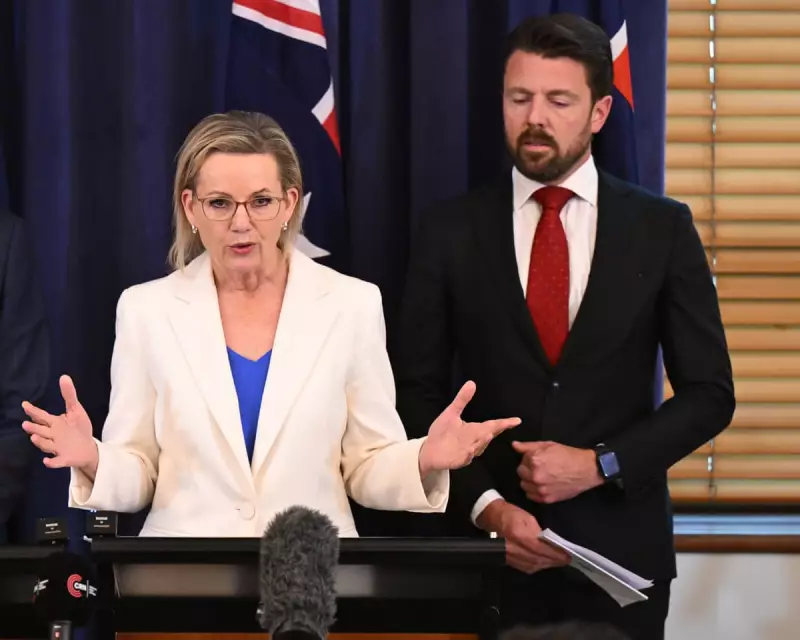
Coalition Prepares Major Immigration Overhaul
The Australian Liberal Party is preparing to unveil a significant policy to dramatically reduce immigration numbers, with international students and skilled migrants emerging as primary targets for cuts. Opposition leader Sussan Ley and shadow home affairs minister Jonno Duniam are leading the charge to develop a comprehensive policy position before year's end, as the Coalition struggles to maintain unity between moderate and conservative factions.
Key Areas Targeted for Reduction
Liberal MPs have identified two main streams for potential reductions. New South Wales Liberal Jess Collins emphasised that skilled migration should face the initial cuts, stating "That's where the first cut is going to come from." She advocated for a thorough review of the skills list to match Australia's genuine needs while eliminating what she termed "superfluous skills."
Meanwhile, South Australian Conservative Liberal Senator Leah Blyth pointed directly at international education, remarking "I very much see foreign students as a way for us to regulate migration numbers." The child of immigrants herself, Blyth stressed the need for careful messaging to avoid appearing anti-immigration while still pursuing substantial reductions.
Internal Divisions and External Pressures
The policy development occurs against a backdrop of internal party tensions and external political pressures. Collins maintains close alignment with shadow defence minister Angus Taylor, a known leadership rival to Ley, while Blyth associates with power broker Alex Antic. These alliances complicate the party's efforts to present a united front.
Former prime minister Tony Abbott has described Australia's current immigration intake as "miles too high" and advocated for reductions to Howard-era levels of approximately 100,000 people. His comments carry significant weight among conservative parliamentary members.
Liberal backbencher Jacinta Nampijinpa Price accused the Labor government of pursuing a "mass immigration agenda" and called for either substantial cuts or a temporary pause to parts of the migration programme. She argued that the party should prioritise "the institution of the family ahead of migration."
Economic Considerations and Housing Crisis
The debate extends beyond pure numbers to encompass broader economic and social considerations. Commonwealth Bank CEO Matt Comyn told a parliamentary committee that restricting migration to about 180,000 people annually would provide governments with "the ability to plan for critical infrastructure, including housing."
However, shadow housing minister Andrew Bragg offered a contrasting perspective, arguing that Australia actually needs more skilled tradespeople to address chronic housing shortages. He placed blame squarely on the CFMEU construction union for blocking foreign workers, stating "You could turn the tap off overseas arrivals today and it still wouldn't solve the housing crisis."
Current Migration Figures and Future Projections
According to official statistics, net overseas migration (NOM) reached 315,900 in the year ended 31 March 2025. Treasury projections indicate this figure will drop to 260,000 this financial year and stabilise at 225,000 for the following three years. Meanwhile, Labor has maintained the permanent migration intake for this financial year unchanged at 185,000 people.
Duniam indicated that future policy would consider housing construction capacity alongside health and education funding when determining migration levels. He explained that the party would announce "how we will take a commonsense approach to devising how many people we can bring into the country sustainably, without overloading public health and education."
The opposition expects to establish broad policy principles in coming weeks, though a specific target number isn't anticipated until closer to the next federal election. This timing suggests immigration will become a central battleground in the upcoming campaign, with the Liberal Party positioning itself as advocating for sustainable, managed migration against what it characterises as Labor's uncontrolled approach.





